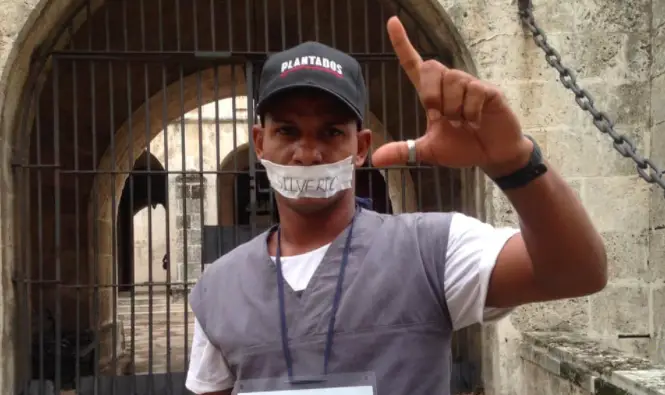One day before the start of the ordinary session of Congress, Plan B of the electoral reform – as the package of reforms and additions to various laws on the matter is known – heads the line of initiatives that will be submitted to a vote in the Senate . To enter into force, all that remains is the approval of a majority in the Upper House and its publication in the Official Gazette. Morena, with the complicity of the PT and the Green Party, has the votes, and the president has the will to demonstrate his power.
However, once the battle in Congress is over, another will begin in the Judiciary, where the results are more uncertain. Plan B of the electoral reform is riddled with unconstitutionalities. It consists of a set of legislative changes that challenge the Constitution, by going against precedents established by the Supreme Court of Justice of the Nation and the Electoral Tribunal of the Judiciary of the Federation, the two bodies in charge of reviewing the constitutionality of the electoral laws.
Many of the legislative changes that are part of Plan B will be the subject of constitutional litigation. For this reason, the scenarios that can arise in the face of the 2023-2024 electoral process are very diverse. Plan B could be subject to issue-by-issue review and suffer multiple amputations in the process. Likewise, it could be suspended and invalidated in its entirety by the Supreme Court. Let’s see the route that would lead to this last scenario.
It was left open due to the way it was approved in the Chamber of Deputies. The initiative came from the Executive Branch. President López Obrador presented it in the exercise of his constitutional powers, but in contravention of the rules of political decorum. Since the end of the PRI’s hegemony, electoral reforms were drawn up in Congress, based on a consensus among the main political forces. Presidential intervention was considered inappropriate.
López Obrador not only signed the initiative –prepared in the Ministry of the Interior, as in the old days of the hegemonic PRI–, but also sent it to the Chamber of Deputies with the slogan: approve it immediately. In an exercise of blind loyalty, Morena and her allies approved it on fast track. It was voted on in plenary the same day it was presented.
To achieve this, the pro-government majority had to resort to an exception provided for in the Law of Congress, which allows them to waive the parliamentary procedure for initiatives considered to be “urgent and obvious resolution.” In extraordinary circumstances, the normal legislative procedure can be omitted, which implies referring the initiatives to one or more commissions for their study and ruling. In fact, in the ordinary process, what is sent to the Plenary is not the initiative as it was presented, but the revised version in committees.
In cases of undue waiver of procedures that have been presented both at the local and federal levels, the Supreme Court has determined that the power of the majority of the legislature is not absolute. Otherwise, the constitutional principles of legality and legal certainty would be violated, by conveniently suppressing parliamentary deliberation and the proper intervention of minorities in the legislative process.
In order for the waiver of procedures to be founded and motivated, the Supreme Court established that three conditions must be met: 1) the existence of facts that generate a condition of urgency, 2) that the waiver of procedures address said facts, and 3) that the affectation to the principles and democratic values is the minimum possible.
In the case of Plan B of the electoral reform, it is not clear what facts generated an urgent condition for its approval. If they existed, the senators were unaware of them, because in the Upper House the initiative followed the ordinary process. On the other hand, in the Chamber of Deputies, the opposition stated that it did not have the time to read the initiative or the real opportunity to participate in the deliberation. By violating these rights, the official majority opened the door for an eventual revocation of Plan B in its entirety.
*CIDE professor.
Twitter: @BenitoNacif

















